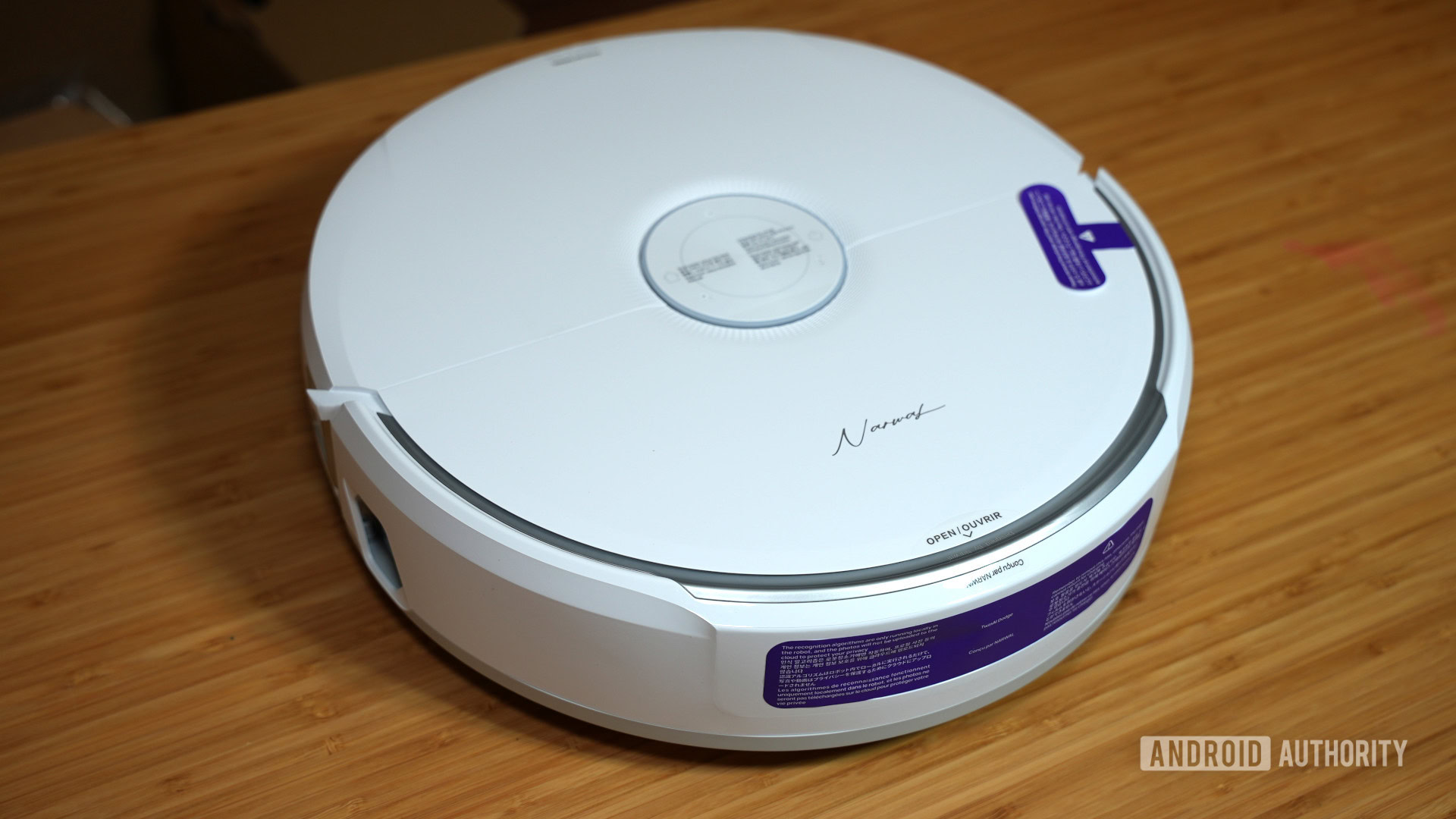Smart appliances and devices
Modern living without the modern hassles. Find out how to build out your smart home with the best smart devices and appliances.
Best products
Reviews
How-to's
Features
Guides
All the latest
Smart appliances and devices news
SwitchBot’s new AI Hub is the world’s first local home AI agent with OpenClaw support
Brought to you by SwitchBot

I added this smart lock to my home and I never want to go back to keys again
Stephen SchenckJanuary 30, 2026
0
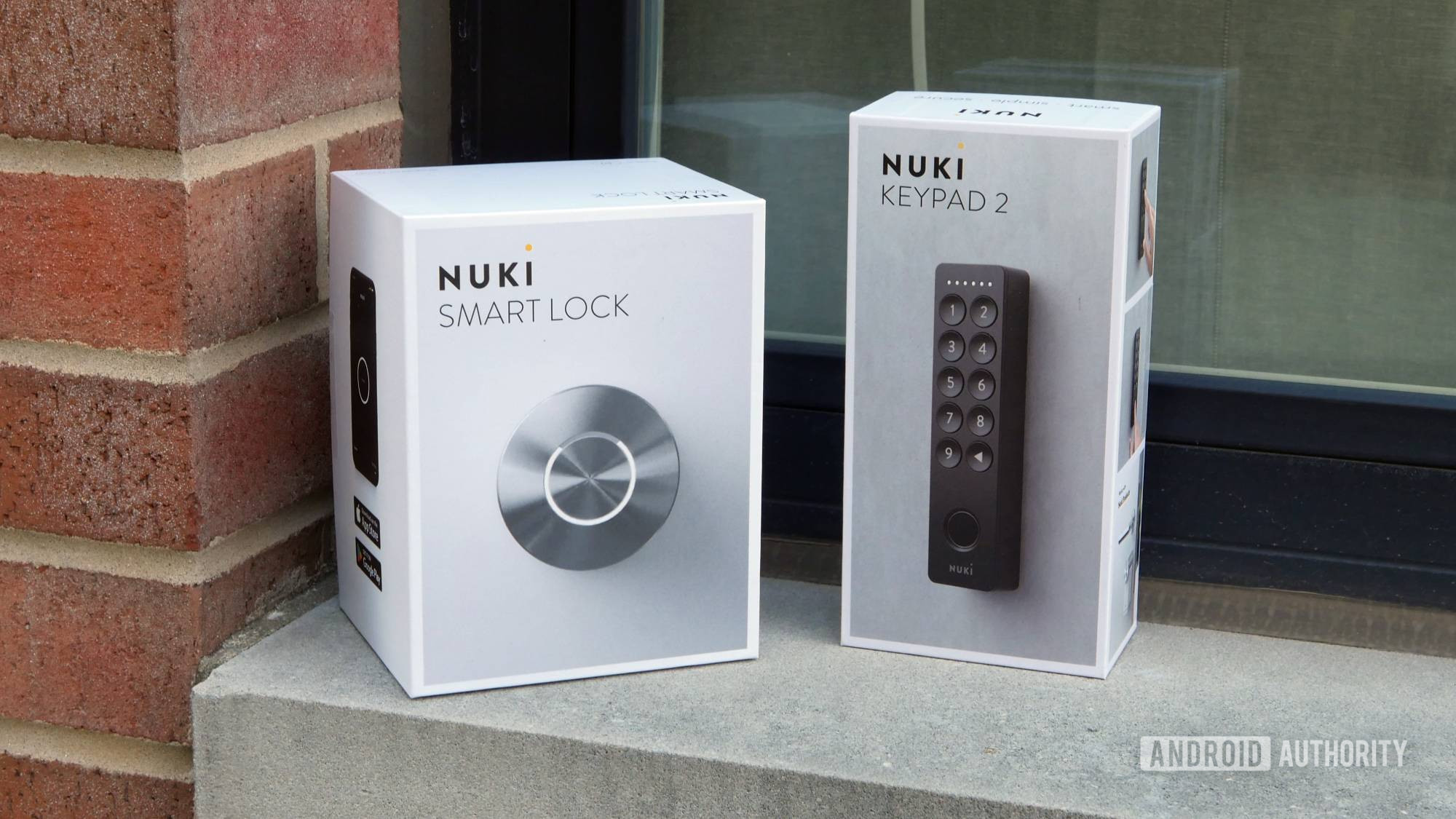
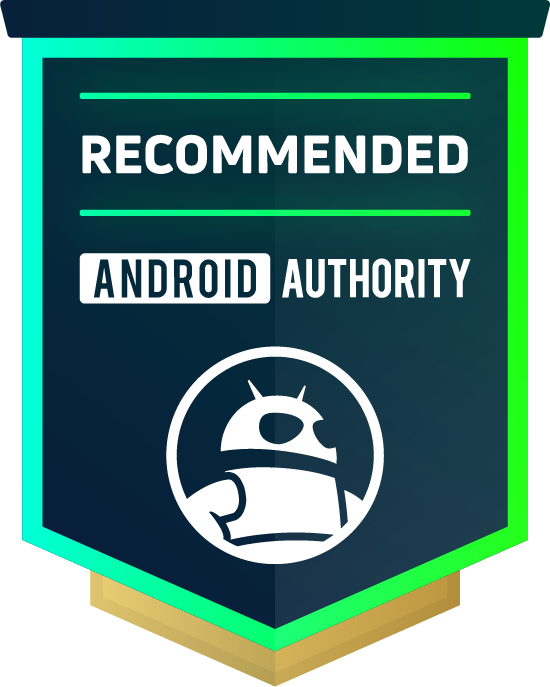
I have a new smart home fear: Getting locked IN
Robert TriggsJanuary 30, 2026
0
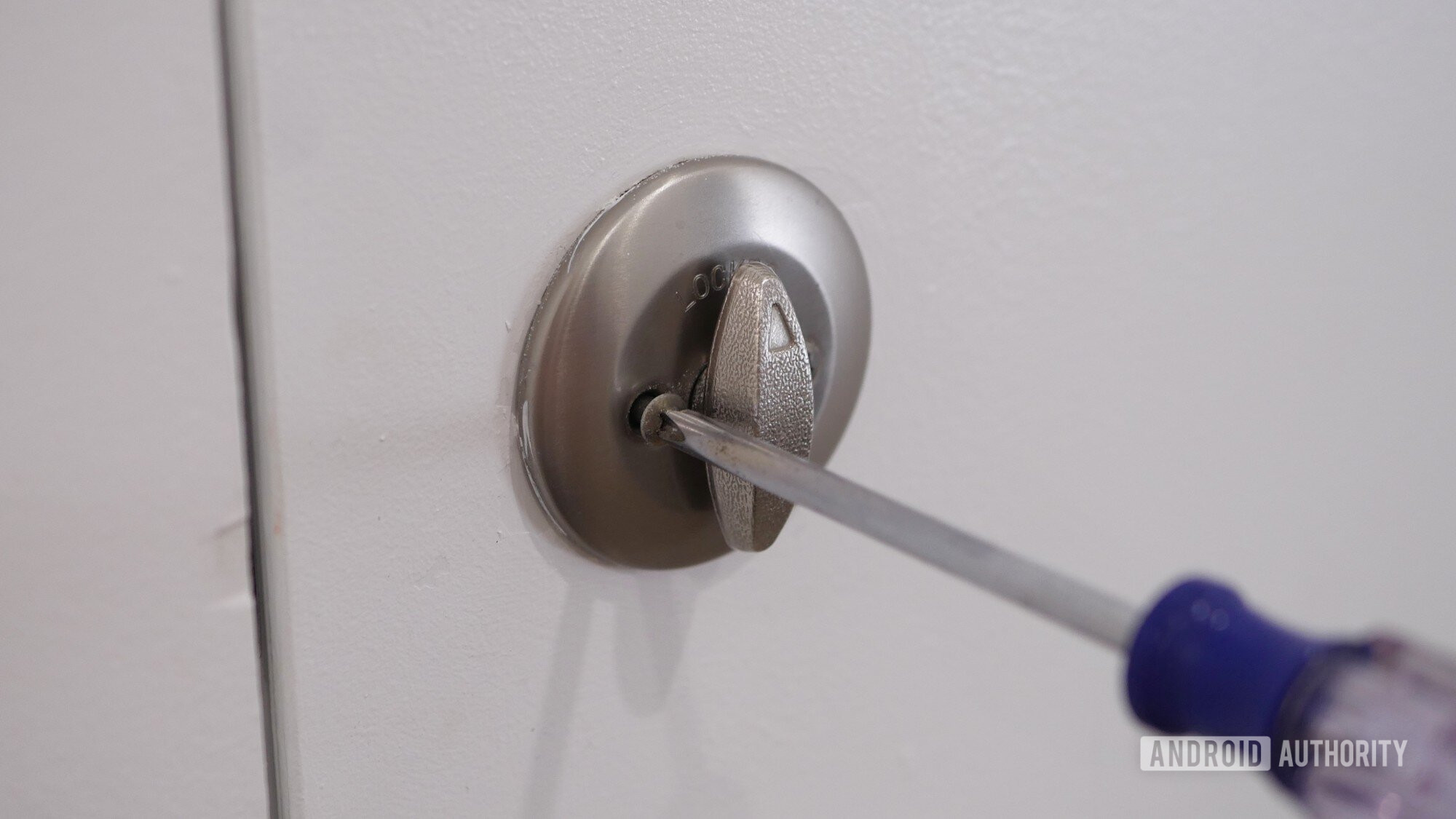
CES 2026: Segway Navimow’s latest robotic lawn mowers are “drop and mow” ready
Brought to you by Segway Navimow

I love Google Gemini — but not on a screen, in my fridge
Karandeep SinghJanuary 3, 2026
0
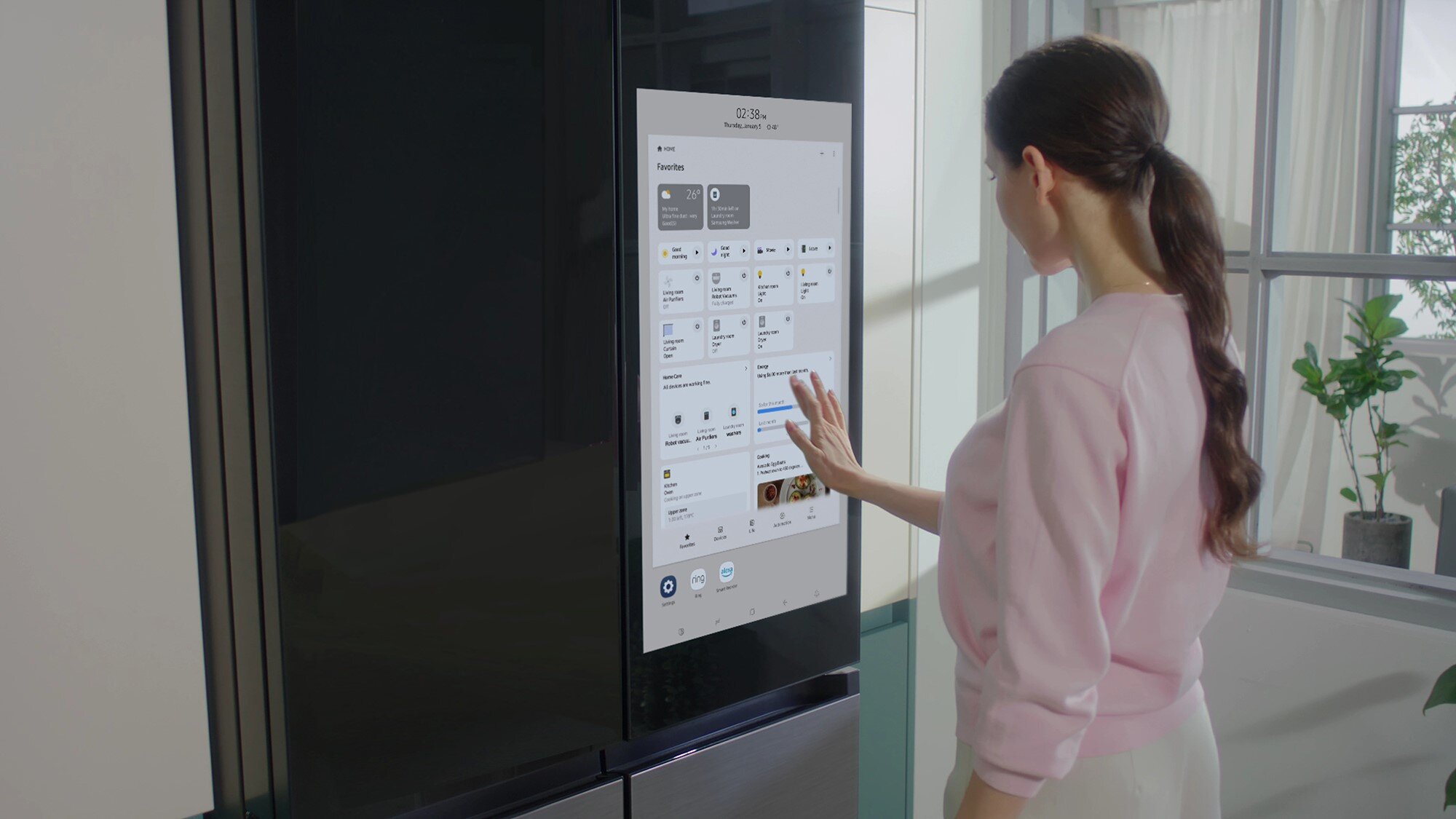
Worth every penny: The best tech purchases I made in 2025
Mitja RutnikDecember 26, 2025
0
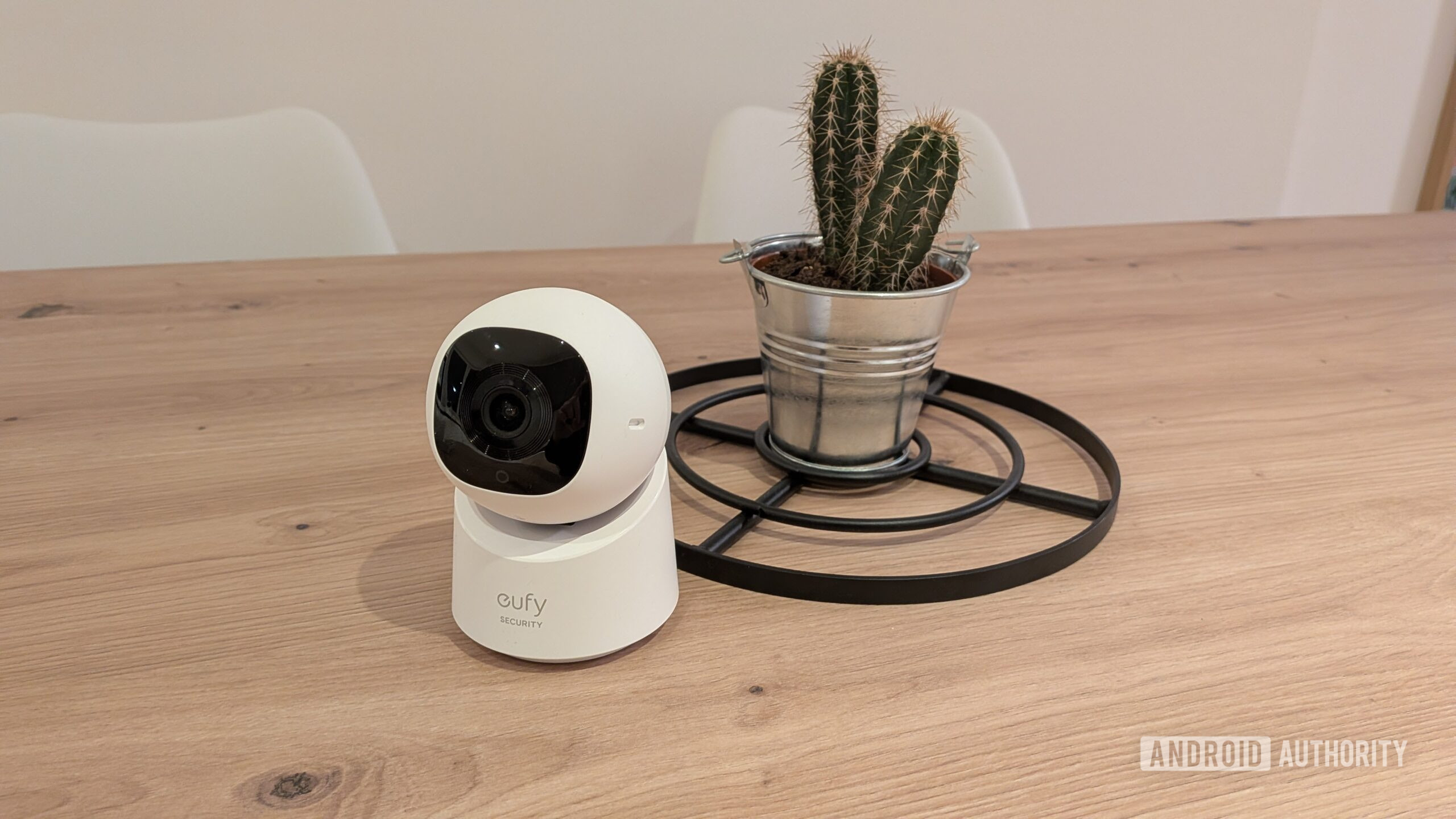
Samsung TV volume not working? Here's how you can try to fix it
Roger FingasDecember 23, 2025
0
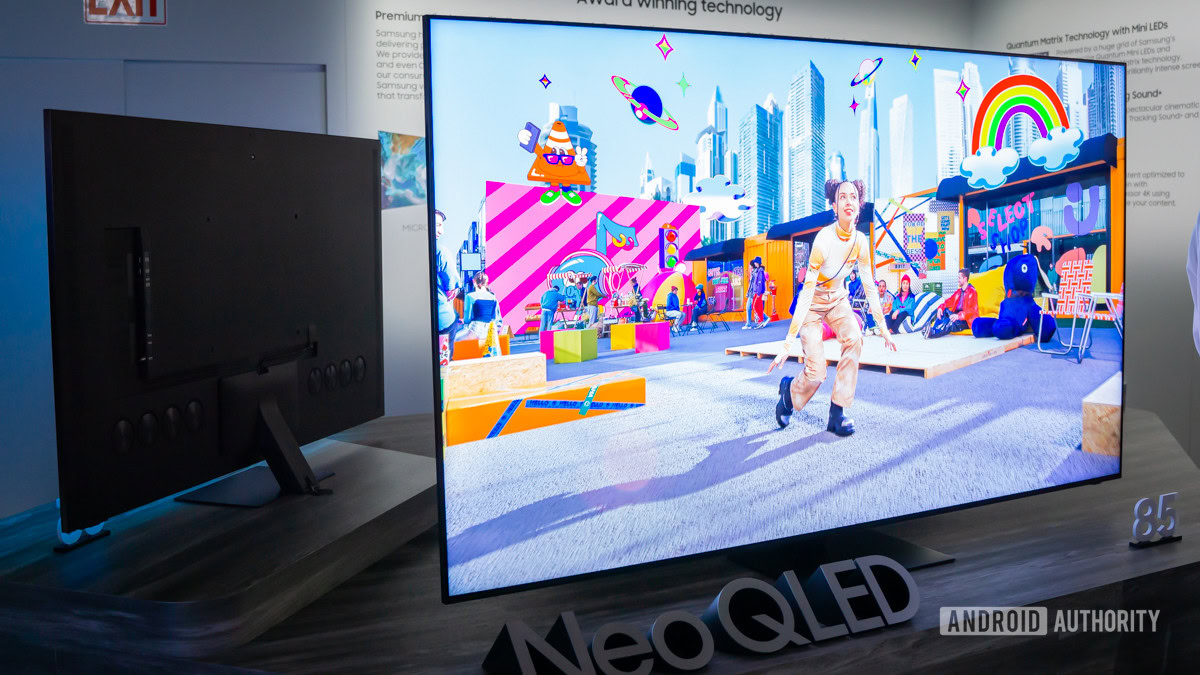
How I turned Android 16's Quick Settings into my smart home control center
Rita El KhouryDecember 20, 2025
0
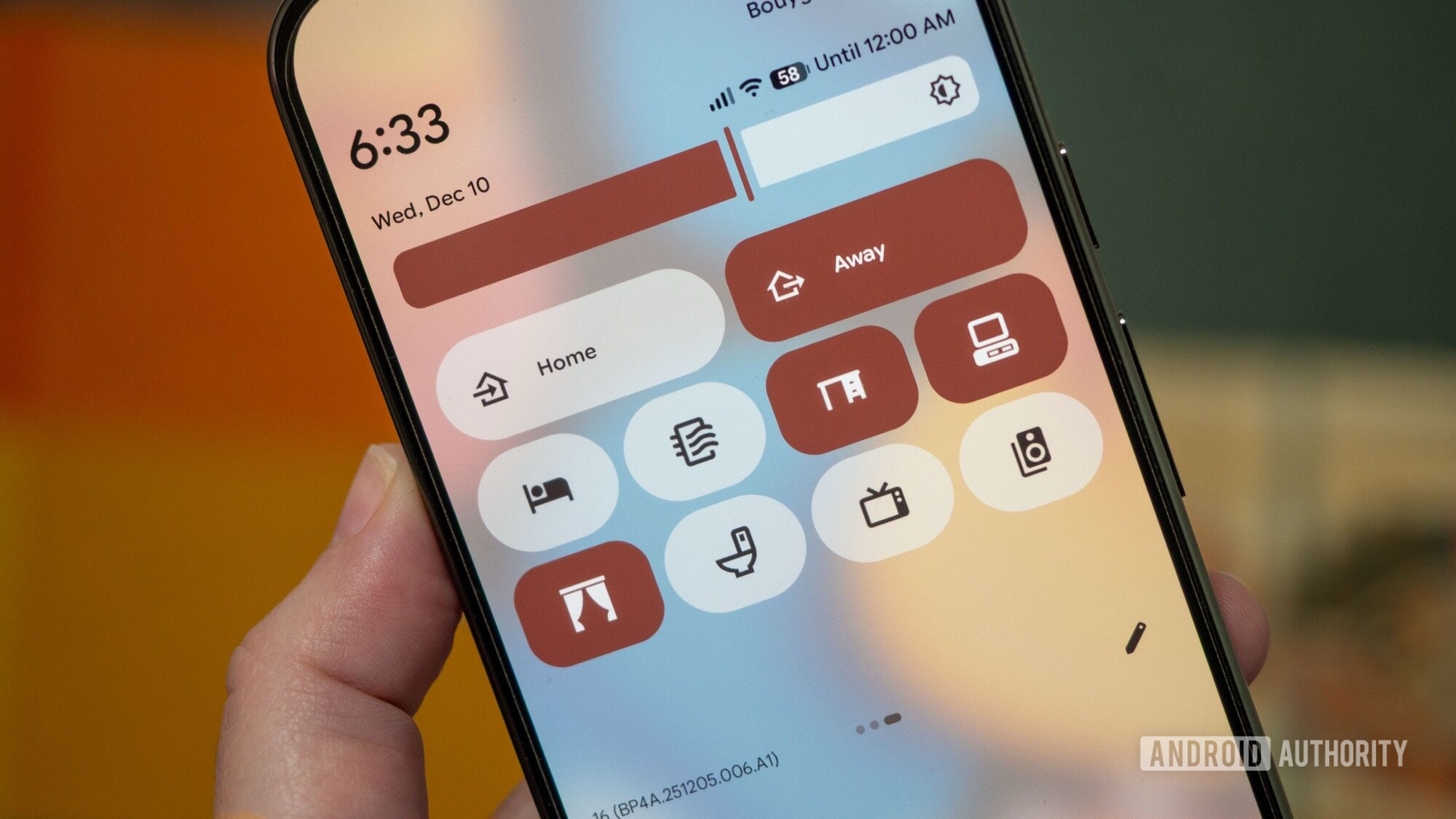
Light up your house the right way this holiday season with Philips Hue
Brought to you by Philips Hue

Enjoy up to $800 OFF on Dreame’s smart home cleaning and self-care products
Brought to you by Dreame

Nuki teases a contactless entry upgrade for its easy-to-install Smart Lock
Stephen SchenckFebruary 26, 2026
0
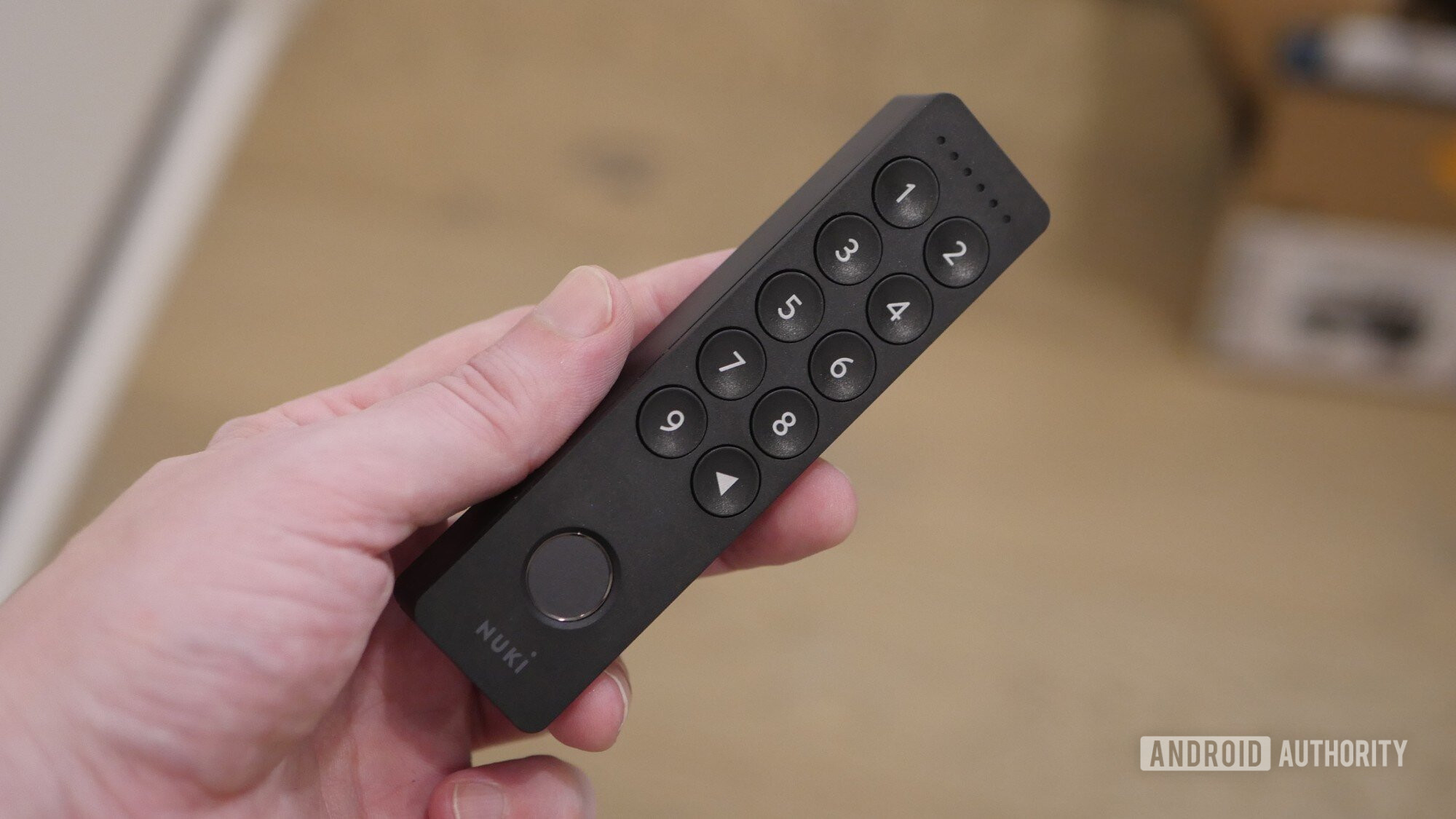
Ring pushes back after 'zero out crime' email sparks privacy fears
Matt HorneFebruary 19, 2026
0
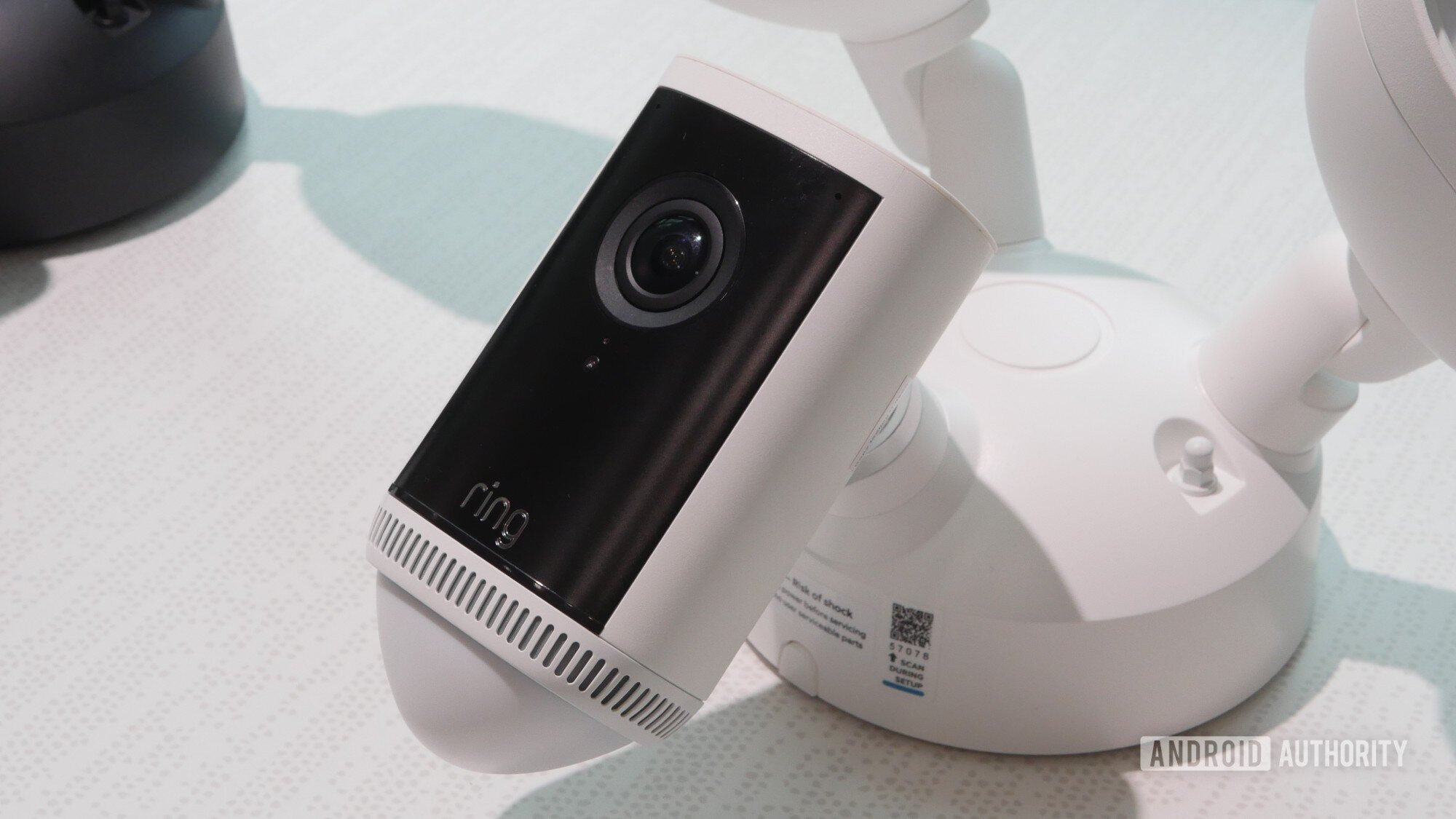
Leaked email suggests Ring’s camera network could drift into Big Brother territory
Jay BonggoltoFebruary 19, 2026
0
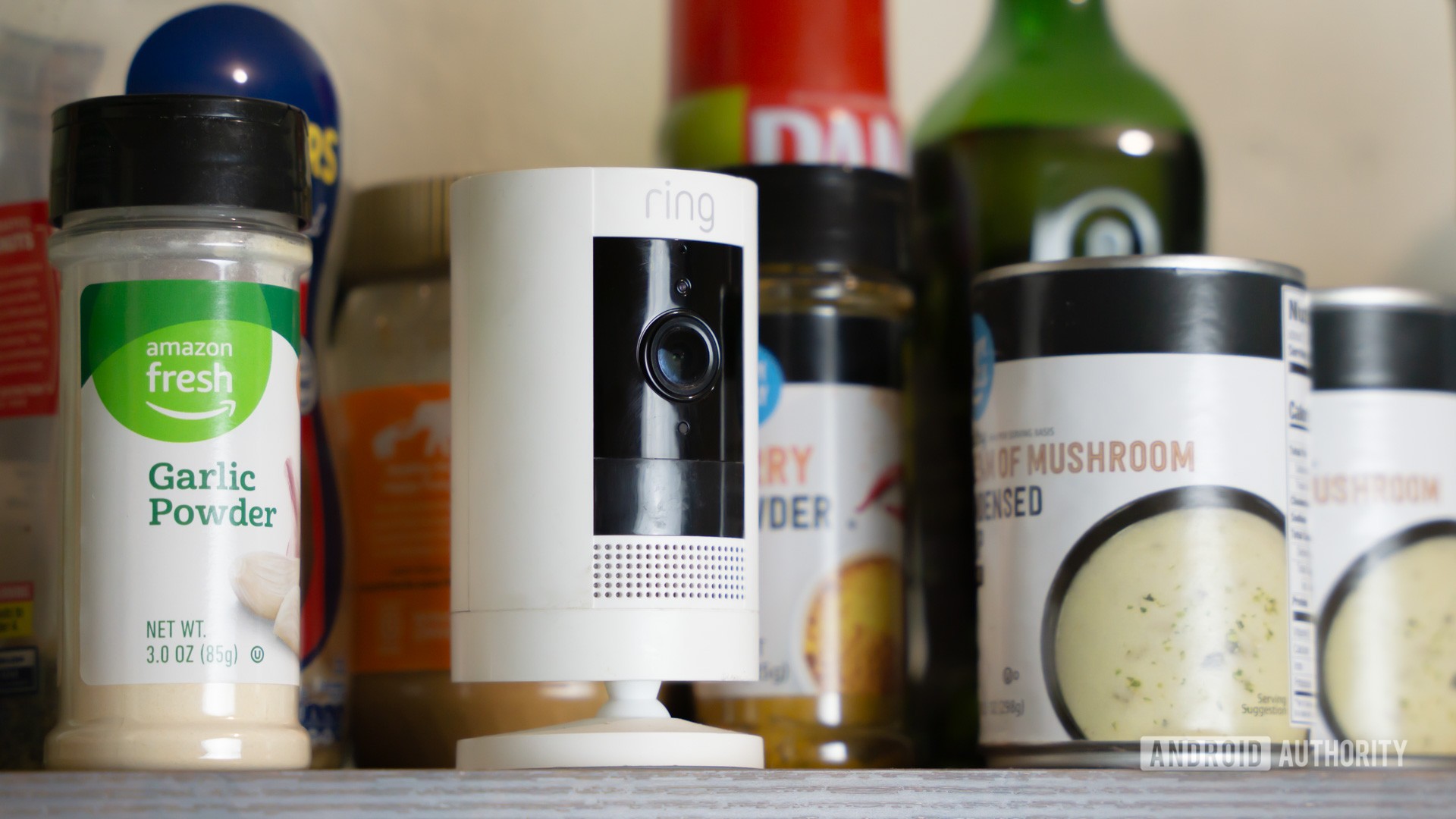
Google Home's latest update brings long-requested automation tweaks and more
Adamya SharmaFebruary 17, 2026
0
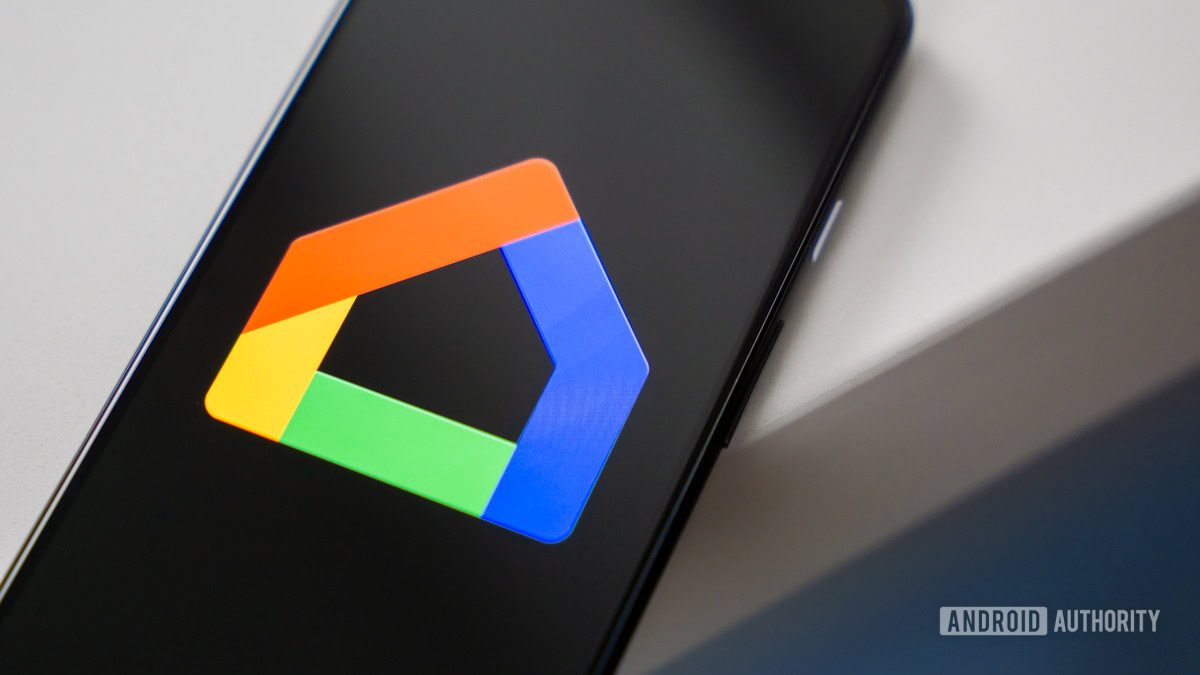
How one guy accidentally hacked all a company's robot vacuums
Stephen SchenckFebruary 17, 2026
0

What to expect next for your Roomba (and its data) now that iRobot's been sold
Stephen SchenckFebruary 13, 2026
0
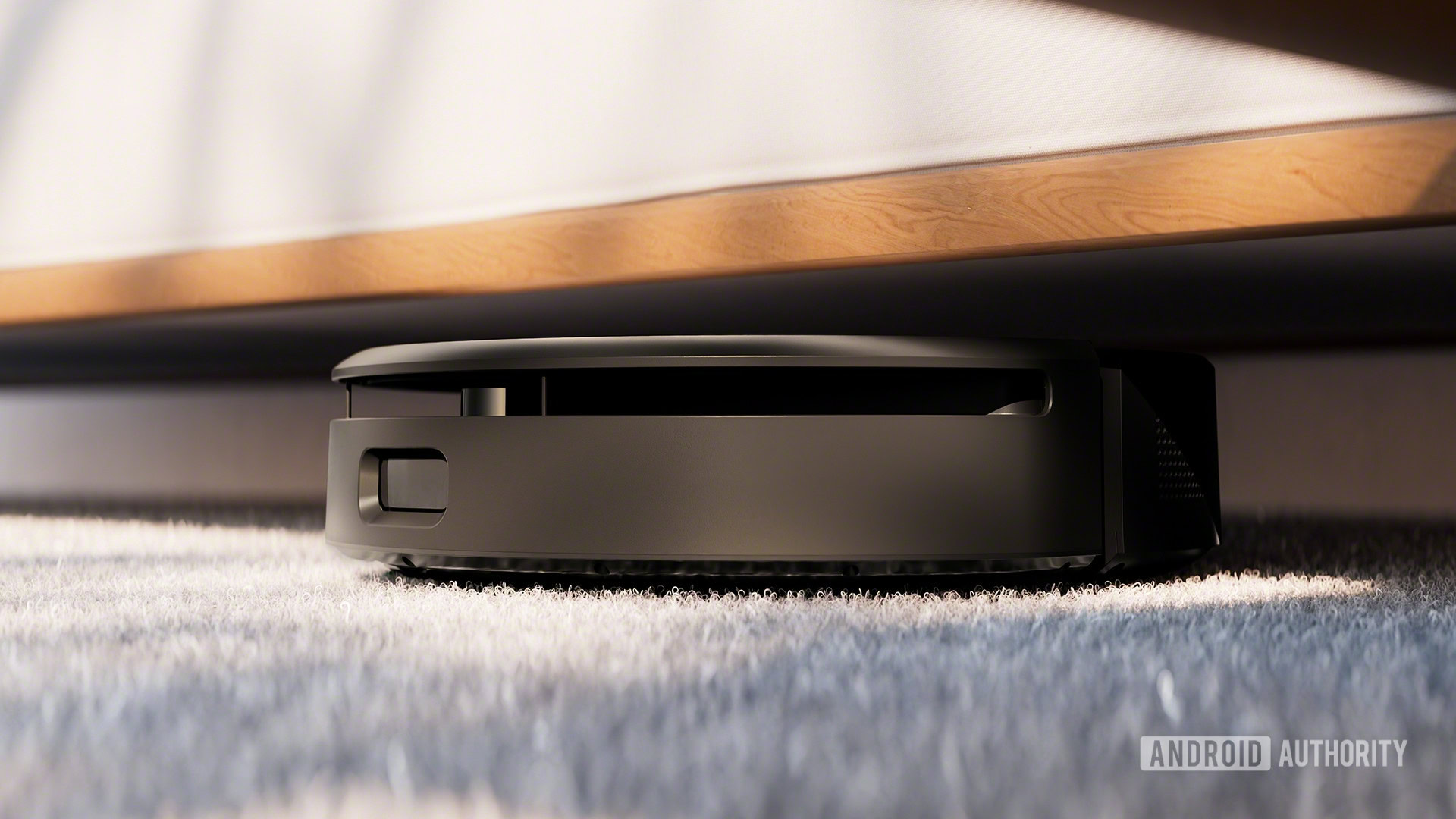
Ring cancels controversial integration after major user backlash and privacy concerns
Adamya SharmaFebruary 13, 2026
0
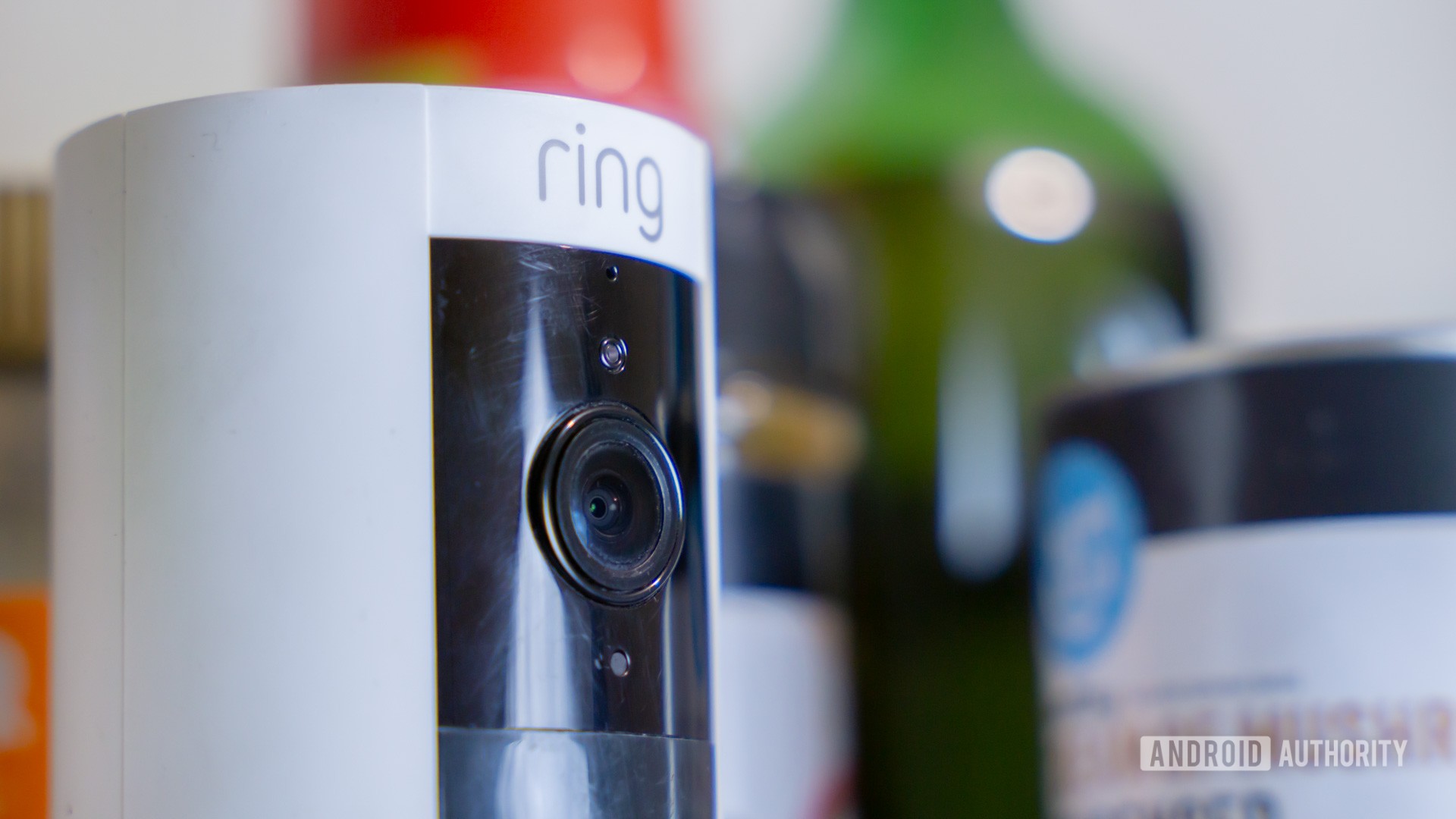
Nest Cam footage recovered in kidnap case sparks privacy fears
Adamya SharmaFebruary 11, 2026
0
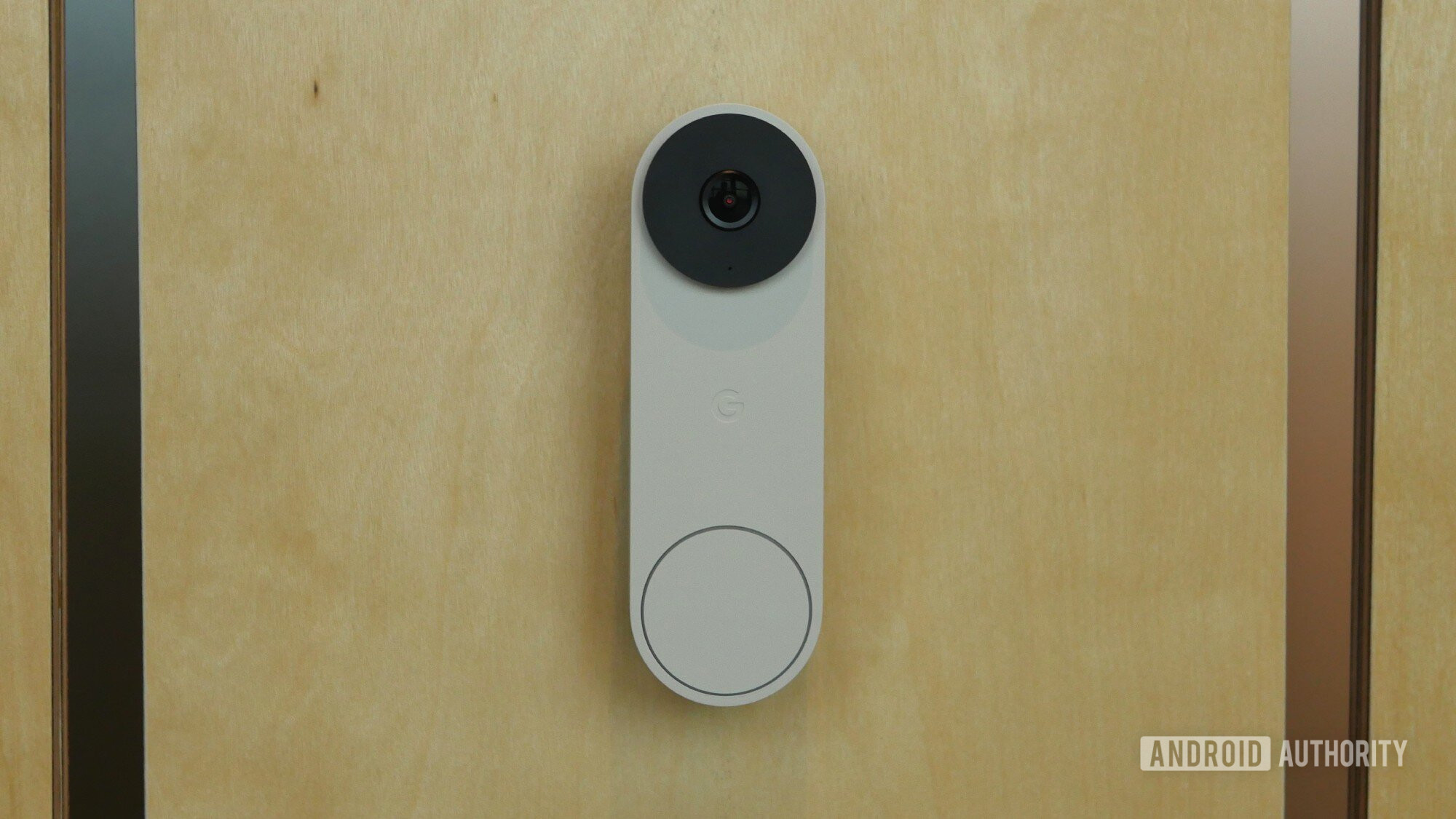
Move over Ultra phones, Samsung is launching an Ultra robot vacuum cleaner
Aamir SiddiquiFebruary 6, 2026
0
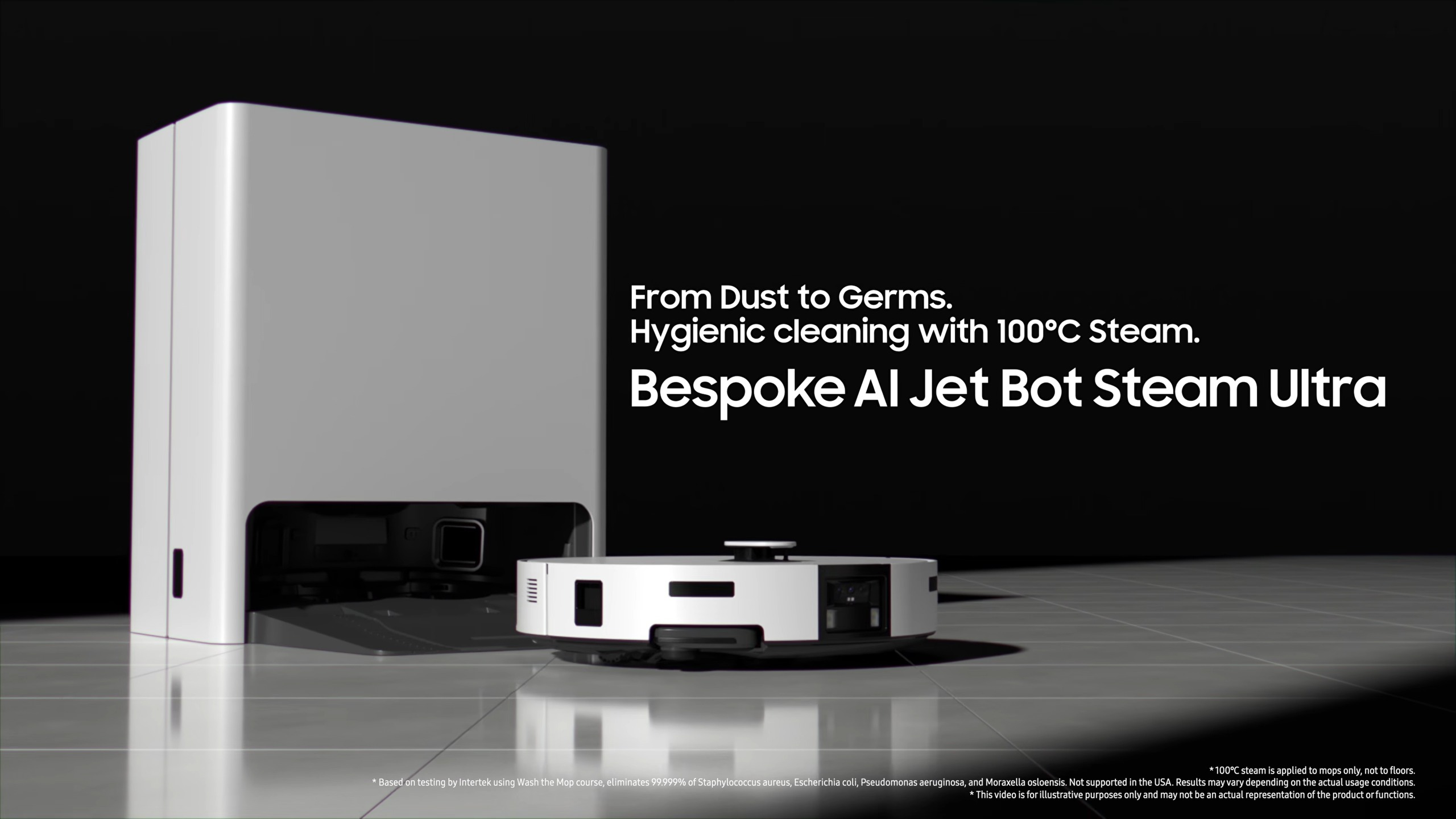
The Narwal Flow robot vacuum and mop is the cheapest in 2026!
Edgar CervantesFebruary 5, 2026
0
